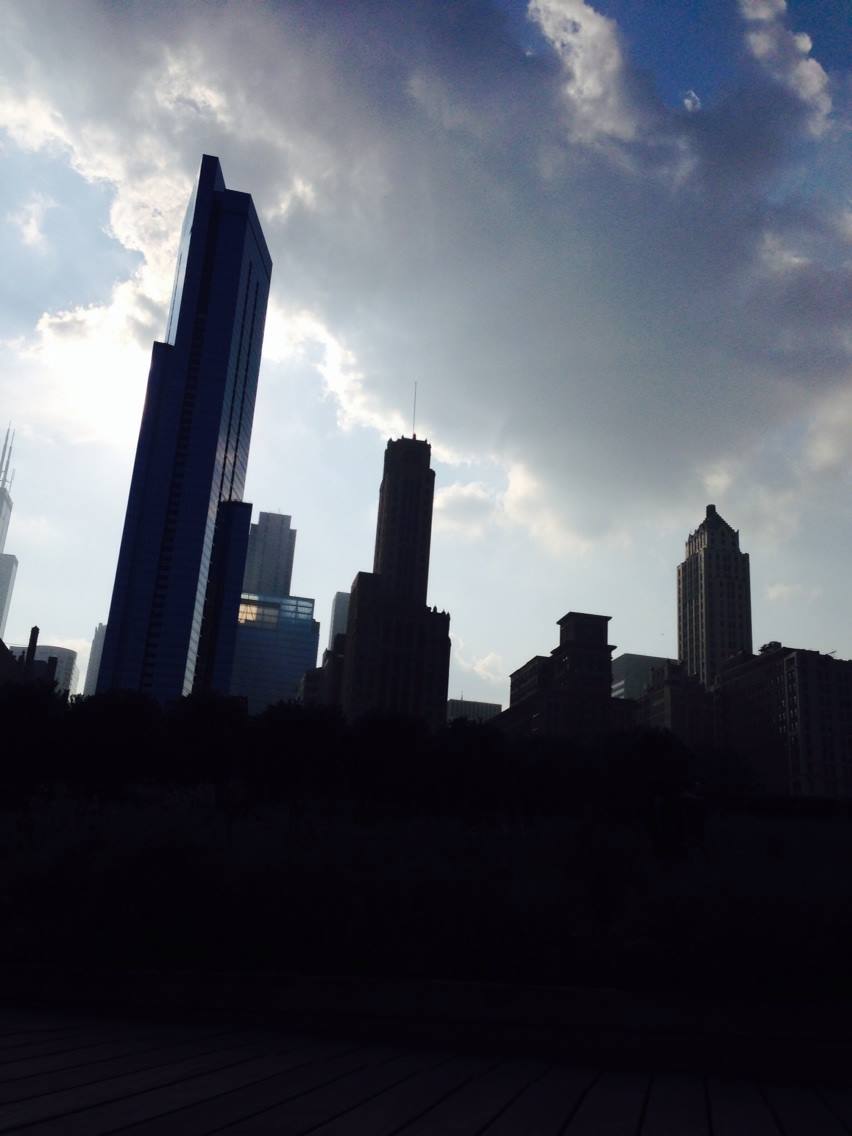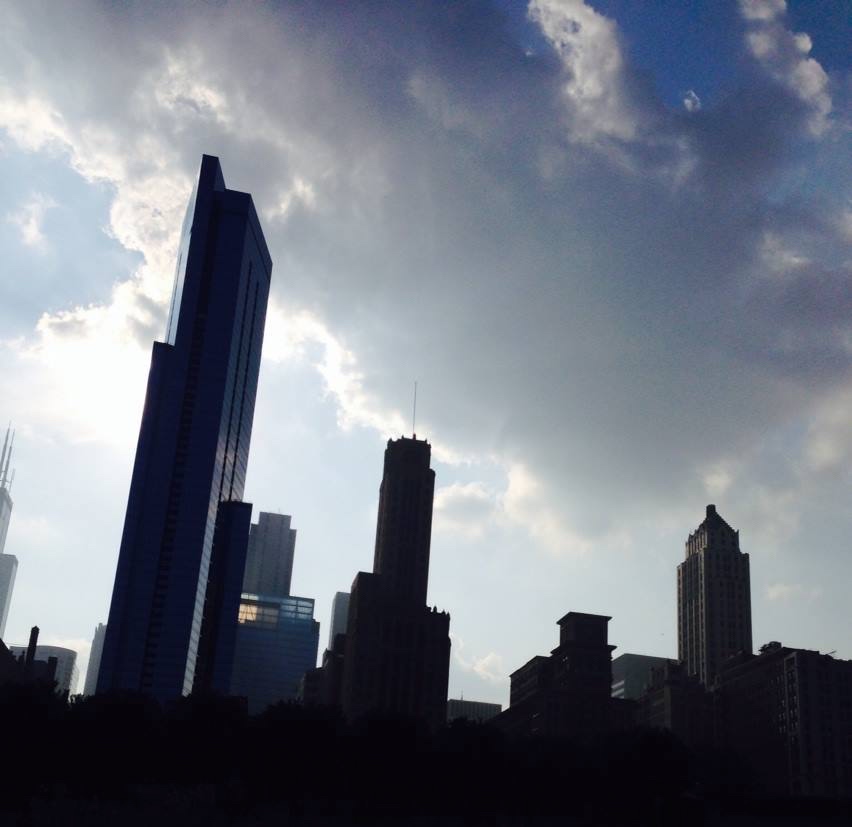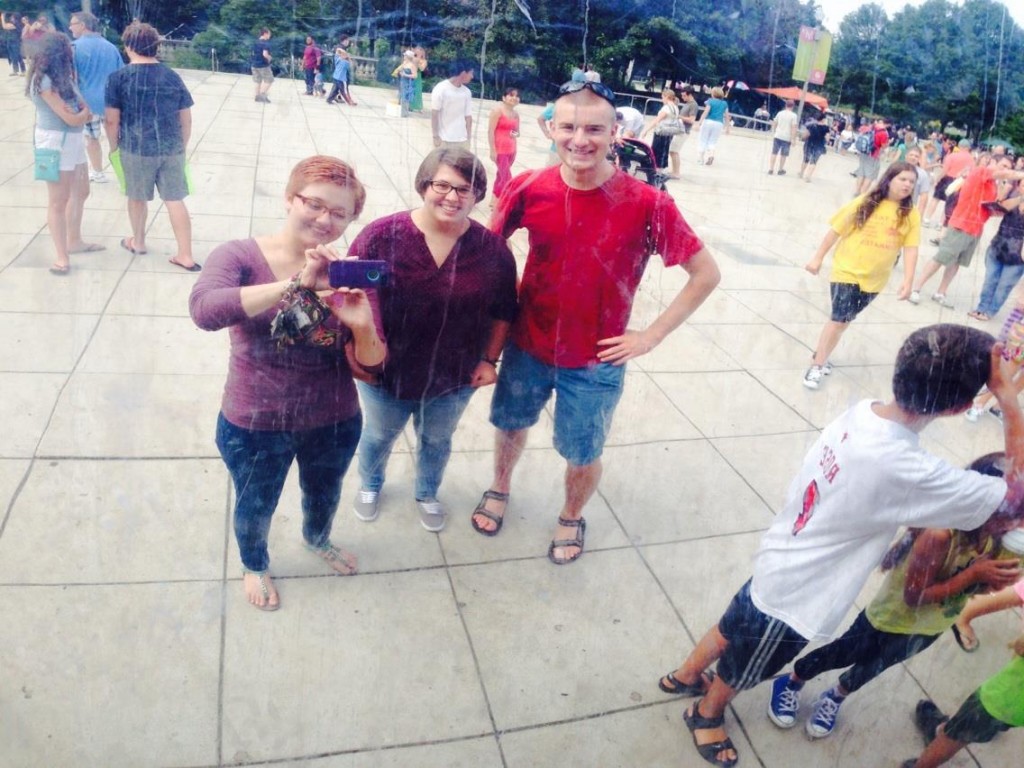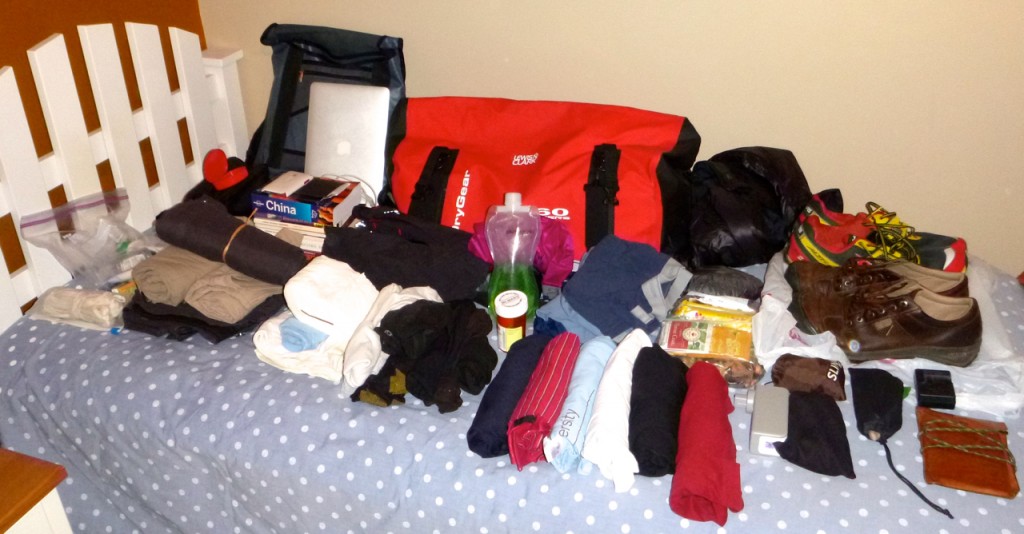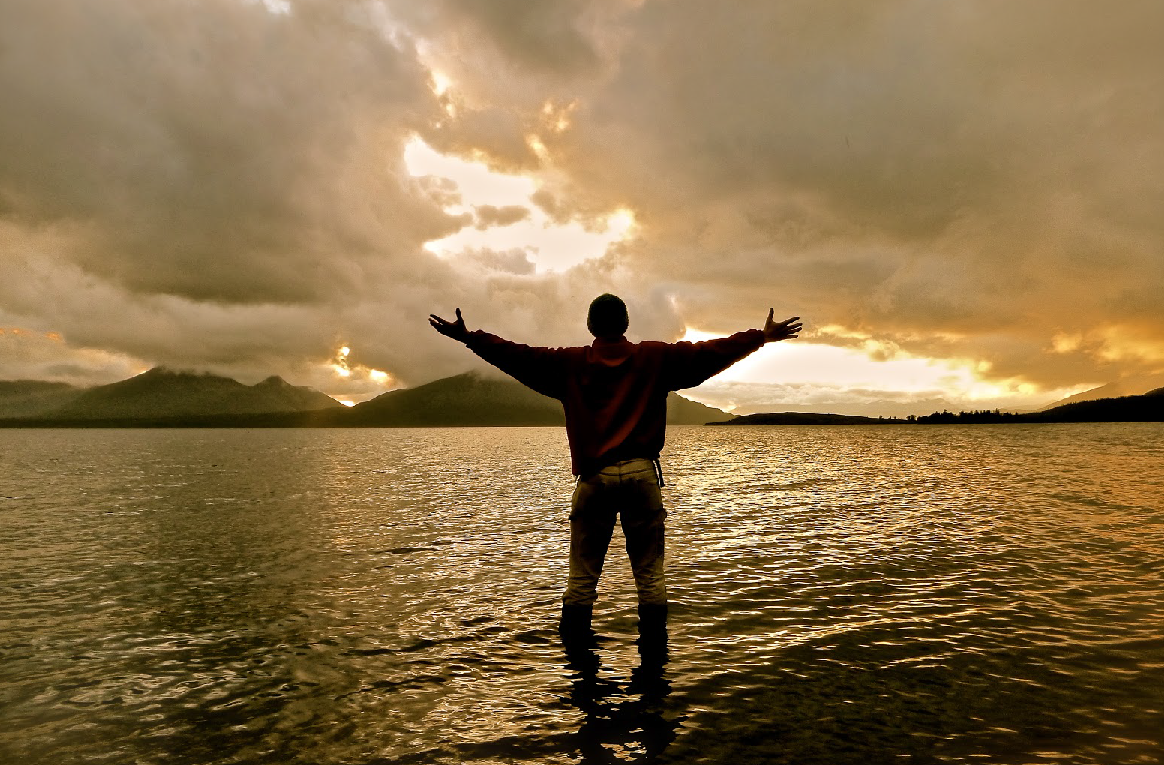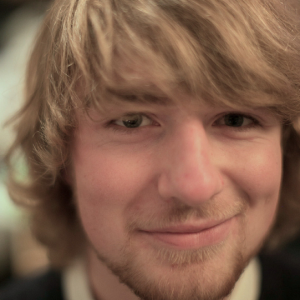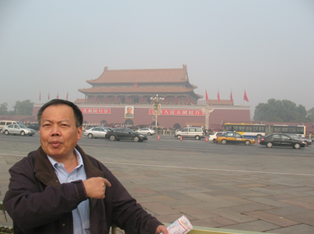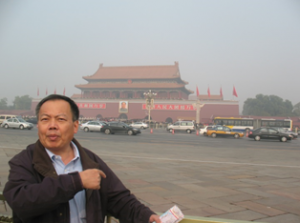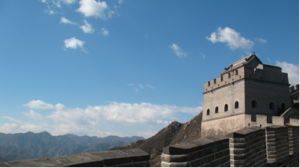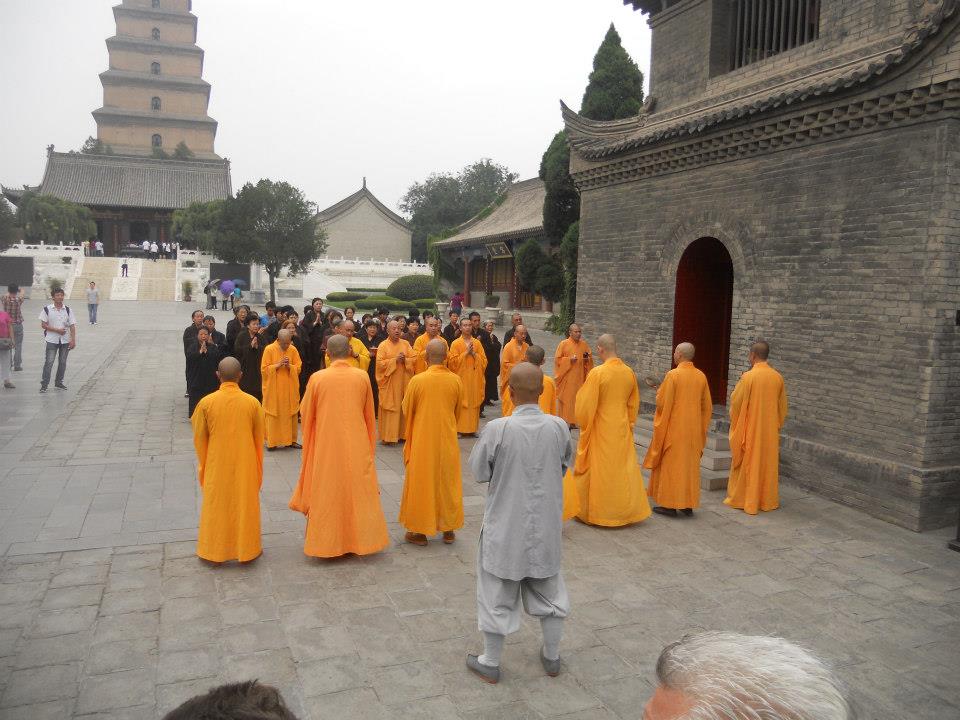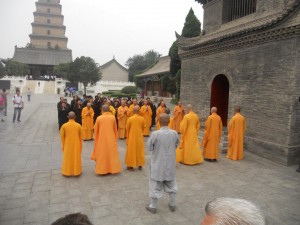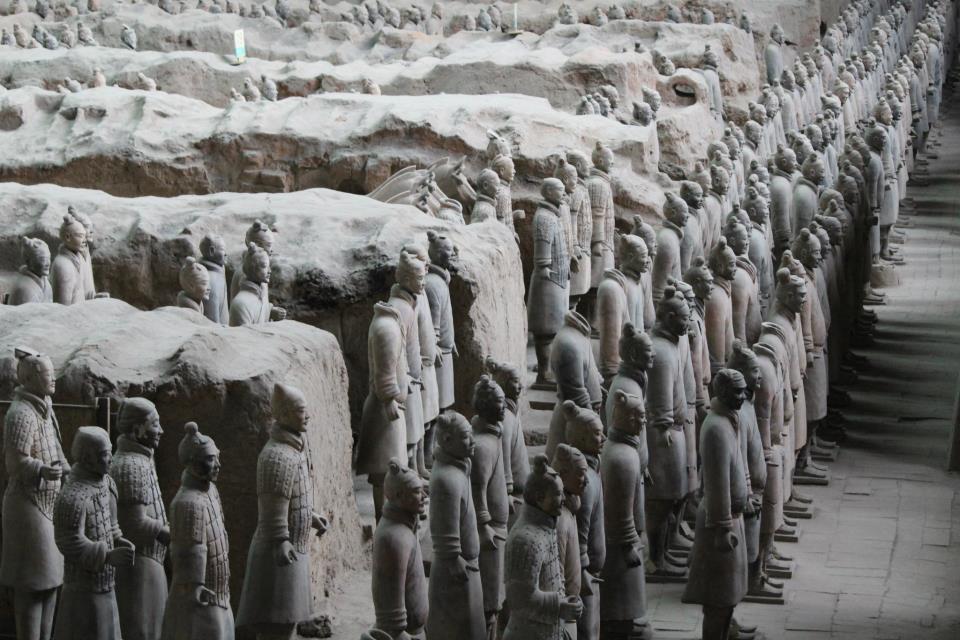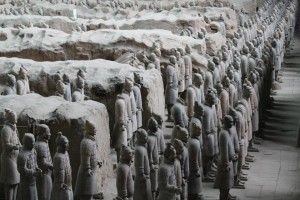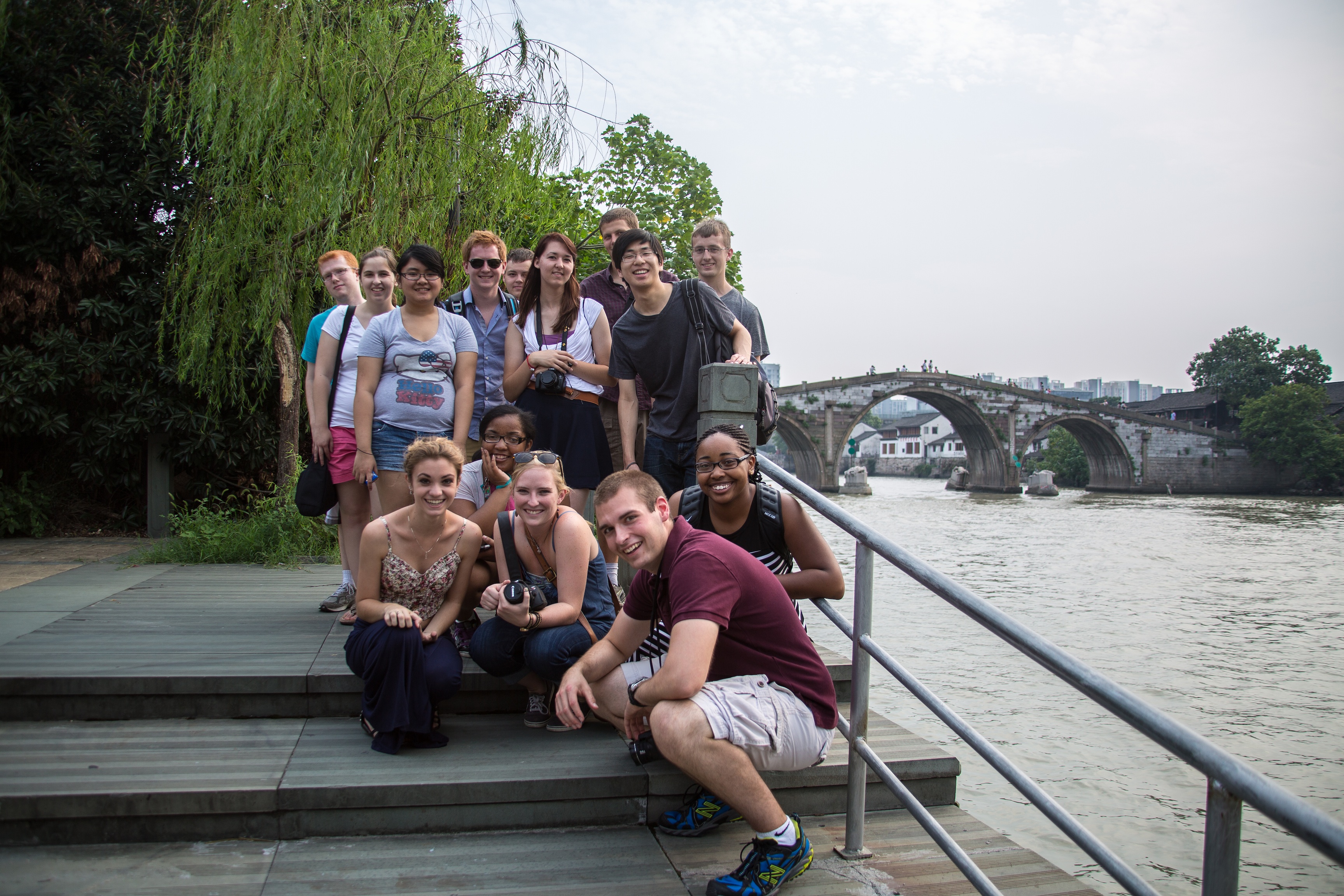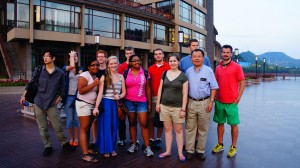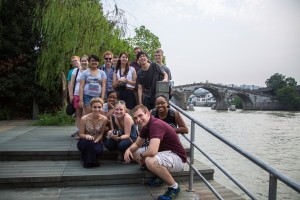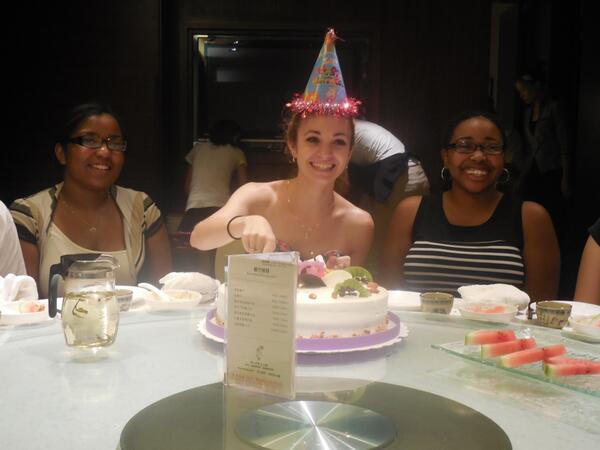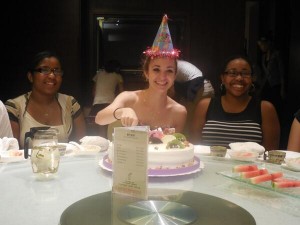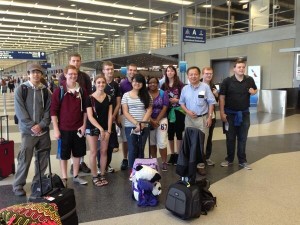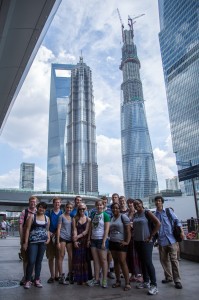With the exception of a few hours in Canada I have never been out of the United States, now I’m less than 48 hours away from beginning four months living on the opposite side of the globe. Wow.
At this time tomorrow I’ll be boarding a Boeing 747 at Chicago’s O’Hare Airport with half a dozen of my Valpo peers and a couple students from Luther College in Iowa for a direct flight to Shanghai. At the Shanghai Pudong International Airport we will meet our Valpo advisor for our semester China, Professor Pati who holds the Surjit S. Patheja Chair in World Religions and Ethics at Valparaiso University.
I arrived in Chicago yesterday after spending a short month at home in Eugene, Oregon filled with camping and hiking adventures. Going to school at Valpo and spending my summers working in Alaska I’ve become a fairly decent domestic traveller and I hope my compact packing and public transit experience will translate to an smooth time across the Pacific.
My knowledge of Mandarin is nill, as an engineering major the semester in China for me is purely for the experience. I’m especially glad that most of my peers know some Chinese and have travelled to China before. We will be living in an international dorm building on one of Zhejiang University’s campuses in Hangzhou, China. Besides taking Mandarin we will also have classes on Chinese History and East Asian religions.
Given that this is my first time overseas I’m not at all sure what to expect and have thus tried to keep my assumptions to a bare minimum. I expect my biggest difficulty will be the language barrier—I’m not good at language to begin with, especially distinguishing subtle tonal differences in words. (How did I make it in choir? Good question, I still don’t know myself.) Therefore I’m going to have to try extra hard to be outgoing and form connections with my Chinese peers. Hopefully the linguistic hurdles I will undoubtably encounter are more often humorous than frustrating.
Although I will be far more informed about my new city in a few weeks I also realize that the “small” (6 million) city of Hangzhou will be a new type environment as well. The ‘big Alaskan town’ I worked in has hardly two thousands residents and barely 50 miles of roads total, Eugene qualifies as a city with a big university and approximately 200,000 people and Valpo is distinctly small town at 30,000. So my brief visits to Chicago are the closest I’ve come to somewhere like Hangzhou. Luckily Hangzhou has generous green space around West Lake which is located near the city center which I look forward to exploring. And explore I shall!
*It might be Thursday by the time we actually get to Hangzhou, not sure how it all shakes out with the International Date Line and time zones.
